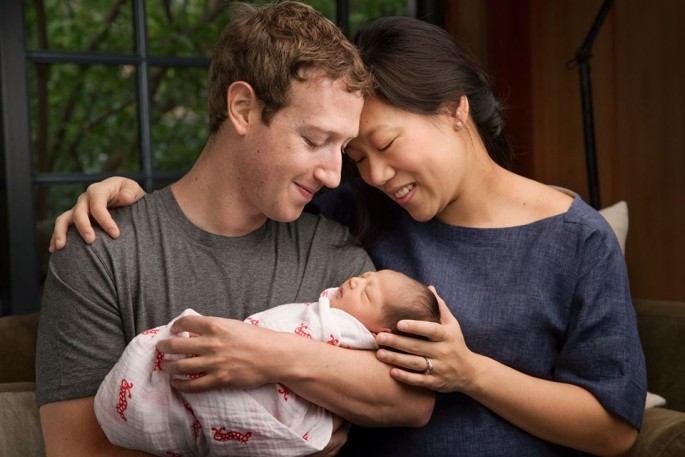When Mark Zuckerberg announced on Tuesday that after the birth of his daughter Maxima, he and wife Priscilla Chan would give away 99 percent of their Facebook shares, the internet was filled with approval for such an act of generosity.
However, two days after the announcement, questions as well as eyebrows are being raised. At the heart of the questions was the choice of the Chan Zuckerberg Initiative which is a corporation and not a nonprofit charity.
Businessinsider reports that as a limited liability company (LLC), the initiative could make private investments, advocacy work and lobbying, which implies the huge amount of money involved, estimated at $45 billion, would not necessarily be all donated to charitable causes.
Kathleen McCarthy, director of the Center for the Study of Philanthropy at the City University of New York, says the huge amount involved could be a little scary as the "new generation of mega-donors" are seen as maximizing their influence on society.
Among the questions that McCarthy is asking, following Zuckerberg's announcement, is the role that the uber-rich play in shaping public opinion and policies, reports The Washington Post. That's because other philanthropists want to invest in entrepreneurs and for-profit companies which could blur the lines between business and charity. She cites as an example Virgin Group founder Sir Richard Branson.
Citing a 2010 interview with a German newspaper, Businessinsider quotes businessman Peter Kramer who says that billionaires giving their money away implies they know better than the government how to help society. He describes it as a bad transfer of power from the state to the billionaires and asks, "What legitimacy do these people have to decide where massive sums of money will flow?"
In their letter to Max, Zuckerberg and Chan said that the decision to donate 99 percent of their Facebook shares is part of their moral responsibility to all children in the next generation. They said the focus of their hope for Max's generation is to advance human potentials and promote equality.
The couple says that their $45 billion donation "is a small contribution compared to all the resources and talents of those already working on these issues."



























